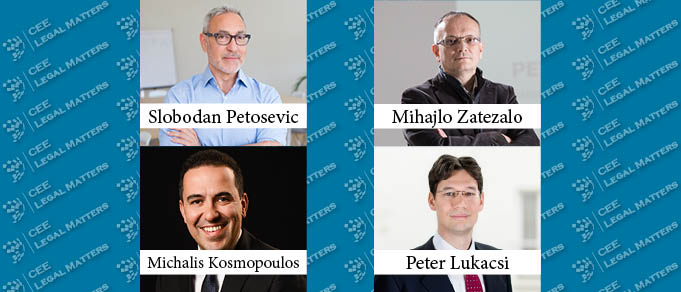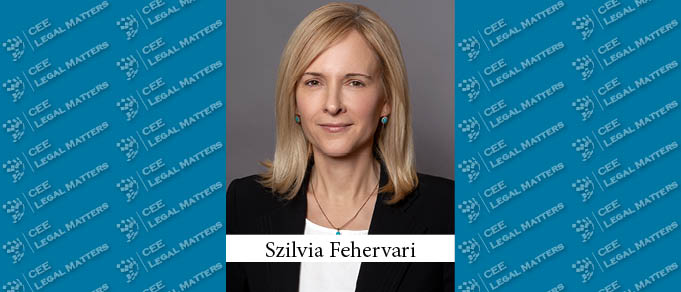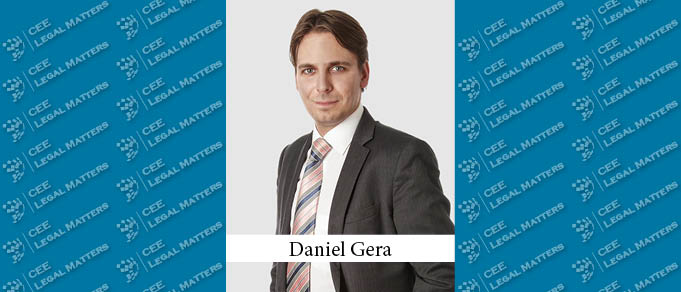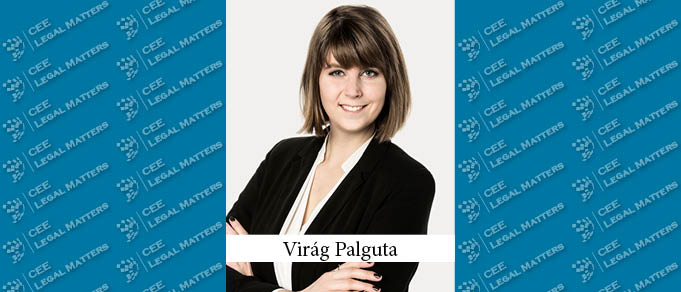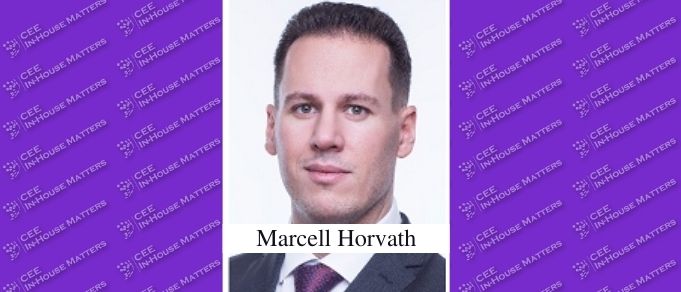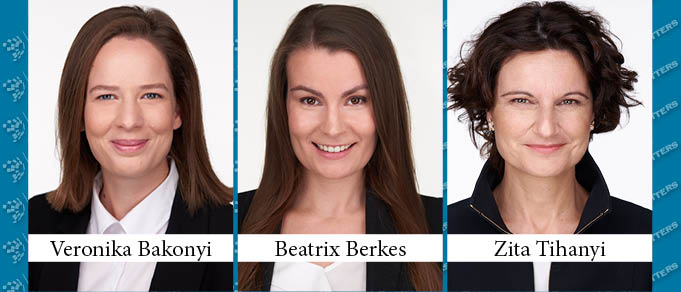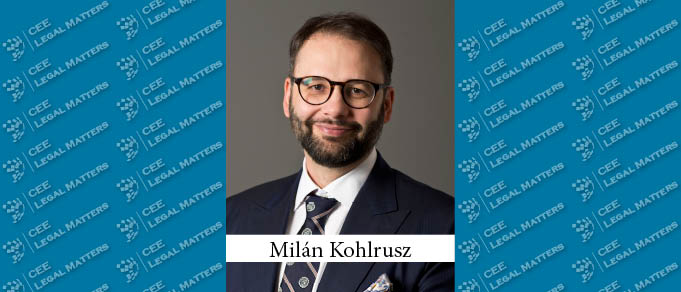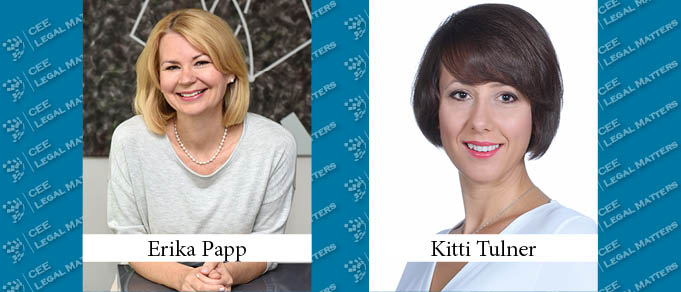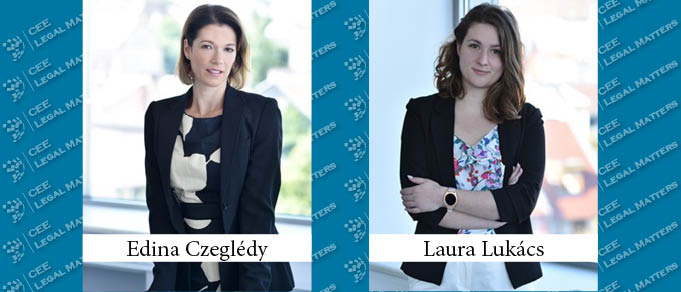Practicing IP has always been a tricky matter, given the complexity and the diversity of this area of law. We reached out to experts from several IP-focused law firms – Hungary’s SBGK, Serbia’s Petosevic Group, and Greece’s Drakopoulos – to learn more about their origins, specializations, structures, and operations.
Hungary: The Downturn in Employment Disputes – Not Worth Involving Courts Anymore?
Almost ten years ago, in 2012, major changes were introduced in Hungarian employment law, including a new Employment Code. The updated rules had a significant impact on market practice and, consequently, on the volume of employment litigation. The latter number was further influenced, however, by the new Code of Civil Procedure, which came into effect in January 2018. In this article, we offer insight and explanation for the possible causes of the decreasing number of employment lawsuits.
HBK Partners Joins Moore and Becomes Moore Legal Kovacs
Hungarian corporate law firm HBK Partners has entered into a strategic partnership with Moore Hungary, the local member of audit and advisory network Moore Global. As a result, the law firm changed its name to Moore Legal Kovacs.
Daniel Gera Makes Local Partner at Schoenherr
Former Counsel Daniel Gera has been promoted to Local Partner with Schoenherr’s office in Hungary as of February 1, 2022.
Question of Inheritance of Digital Assets
As technology plays an ever-growing part in our lives, lawmakers, as well as high-tech companies have to deal with the problem of inheritance of these digital assets. The importance of these assets is demonstrated by the fact that according to notaries, they became part of succession in an increasing number. One has to pay attention to the inheritance of these accounts, since it can easily happen that heirs will not be able to access for example the deceased persons' cryptocurrency account.
Mandatory Installation of Electric Car Chargers in New Buildings and Buildings Undergoing Major Renovation
The amendment to the Government Decree on the energy performance of buildings, in force from 1 January 2022, requires parking spaces in existing buildings, new buildings or buildings undergoing major renovation (including the electrical infrastructure of the building) to be equipped with an electric car charger or to have an electrical connection facility to enable the charger to be installed at a later date.
The Material Compensation for Delay in Civil Proceedings Is Already Demandable
The act on the Enforcement of Material Compensation for Delay in Civil Proceedings entered into force on 1 January 2022. In the past decades, the European Court of Human Rights has repeatedly indicated that the Hungarian legal system does not provide a domestic remedy which is considered effective by the Court and would serve to prevent the delay of court proceedings or to remedy the damage caused by such proceedings. In its judgment in Gazsó v. Hungary, the European Court of Human Rights called on Hungary to establish a domestic remedy capable to handle the structural deficiencies identified in the judgment. As a result, the Act establishes a new legal remedy for compensation for violation of fundamental rights, called material compensation (in Hungarian: “vagyoni elégtétel”).
Hungarian Constitutional Court Annulled Retroactive Tax Rule Regarding Statute of Limitation
In its recent decision issued on 27 January 2022, the Constitutional Court annulled an important rule of the Tax Procedure Act with regards the prolongation of limitation period. The decision is fundamentally beneficial for taxpayers, but also triggers some uncertainty for repeated proceedings going forward.
Recent Legal Developments in Connection with Crowdfunding
The crowdfunding regulation of the European Union (Regulation (EU) 2020/1503 on European crowdfunding service providers for business, "ECSPR") entered into force on 10 November 2021, which was a long-awaited legal development both within the European Union and on the Hungarian market. Even the Hungarian National Bank suggested in its Fintech Strategy that a regulatory framework for crowdfunding would be essential to assist financing of SMEs and therefore, enhancing competitiveness on the Hungarian market. Prior to the ECSPR, there was no uniform crowdfunding regulation within the European Union and Hungary did not have a regulatory framework for crowdfunding; thus, the Hungarian National Bank had to assess such activity pursuant to the already existing rules. The ECSPR established a directly applicable and uniform regulatory framework aiming to facilitate cross-border provision of services. We summarize below the latest legal developments in connection with the ECSPR.
Measures to Boost Hungarian Green Lending
The MNB has launched its Green Program early 2019 to mitigate the risks associated with climate change and other environmental problems, to expand green financial services in Hungary, to widen the related knowledge base in Hungary and abroad, and to reduce financial market participants’ and its own ecological footprint. The Green Program relating to green financial services consists of several initiatives from analyzing the current situation of green financing to incentivizing the financial market participants to operate greener and engaging in green financial services (mainly loans and bonds).
Hungarian National Bank Issues Green Bond Guideline
The Hungarian National Bank ("MNB") issued a guideline this January to assist market participants in the issuances of green bonds. This guideline is one of the measures that the MNB introduced under its Green Programme, which it launched in early 2019 to mitigate the risks associated with climate change and other environmental problems, to expand green financial services in Hungary, to widen the related knowledge base in Hungary and abroad, and to reduce financial market participants' and its own ecological footprint. The Green Programme relating to green financial services consists of several initiatives, whose range continues to expand both in the banking sector and in capital markets with the sole aim of promoting green finance.
Crypto-Assets to Be Covered by Financial Regulation in the EU
The initiative of the European Commission aims to support innovation and fair competition by creating a framework for the issuance and provision of services related to crypto-assets. The Commission believes that where crypto-assets are not covered by the financial regulation of the European Union, the absence of applicable rules to services related to such assets leaves consumers and investors exposed to substantial risks. It aims to ensure a high level of consumer and investor protection as well as market integrity in the crypto-asset markets, and to address financial stability and monetary policy risks that could arise from the wide use of crypto-assets in financial markets.
Zita Tihanyi Moves to Private Practice as Partner at Gardos Mosonyi Tomori Law Office
As reported by CEE Legal Matters on February 4, former Raiffeisen Bank Chief Legal Counsel Zita Tihanyi has joined Gardos Mosonyi Tomori Law Office as Partner.
Marcell Horvath Becomes Head of Mergers and Acquisitions Legal at Mol Group
Former Senior Associate at Kinstellar moves to Mol Group as Head of Mergers and Acquisitions Legal.
Gardos Mosonyi Tomori Law Office Announces Three New Partners
Veronika Bakonyi and Beatrix Berkes have been promoted to Partner at Gardos Mosonyi Tomori Law Office, while former Raiffeisen Bank Chief Legal Counsel Zita Tihanyi joins the firm as Partner.
New Law in Hungary Tightly Restricts Delivery of Over-the-Counter Medications
An amendment to the Medicines Thrift Act XCVIII of 2006, which came into effect in early 2022, has effectively eliminated what was fast becoming a booming market in the home delivery of over-the-counter (OTC) medicinal products and medical aids.
Green Finance in Hungary
Environmental sustainability is essential to mitigate the risks of climate change. In order to promote this and develop a green economy, it is essential to secure adequate financing from the private sector. To this end, banks have started making available financial products for environmentally sustainable purposes.
Hungary: Sanctions against the European Parliament for Data Transfers that Violated “Schrems II”
The European Data Protection Supervisor (“EDPS”) has issued a decision after a complaint was filed against the European Parliament (“Parliament”) due to unlawful data transfer to the US, a deceptive cookie banner and unclear data protection notices.

